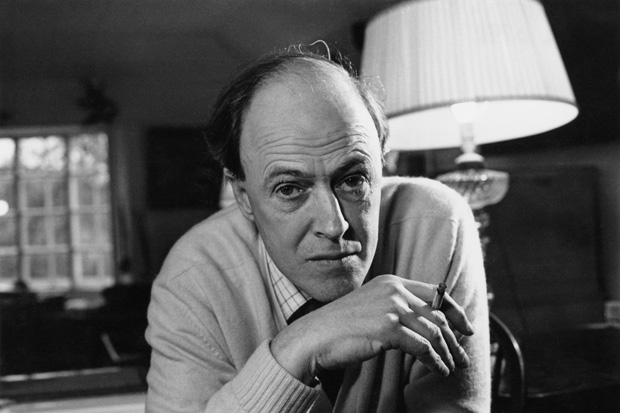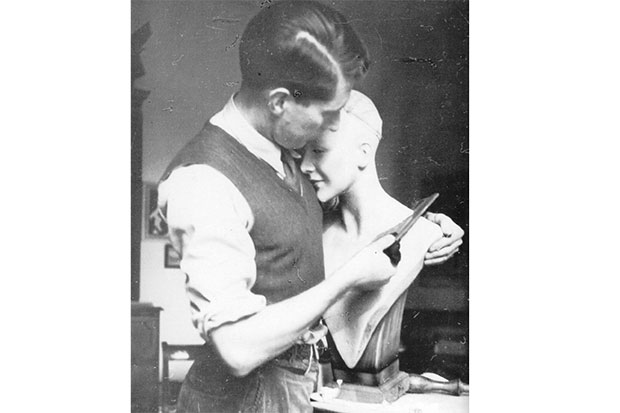If it was not yet ‘The Age of Anxiety’ in 1947, when Auden published his long poem of the same name, now it most certainly is, given the manifold global uncertainties that keep any sane person awake with worry. Nearly 20 per cent of adult Americans have been diagnosed with a general anxiety disorder, while the pharmaceutical industry has produced a legion of drugs that promise to combat the effects of such conditions.
In Adam Haslett’s beautiful new novel, Imagine Me Gone, mental illness rips through one New England family over the course of four decades. Told in alternating first-person chapters by the parents and their three children, it is a captivating portrait of the ways depression and anxiety mark both the afflicted and everyone who loves them.
Margaret, mother and sometime librarian, is anxious about the instability of life with her British husband, John, a downwardly mobile venture capitalist who is profoundly depressed, beset by ‘the beast’ within him. When John commits suicide after a series of job losses, the family’s collective sense of anxiety shifts to the eldest son, Michael.
A precocious teen given to wild fabrications, he is the inheritor of his father’s illness. In Michael this manifests as an anxiety disorder that condemns him to a trajectory of failures, mirroring John’s decline. Under the care of his father’s psychiatrist, Michael falls into a vicious cycle of prescription-drug dependence while his younger and more capable siblings, Celia and Alec, spend much of their adult lives struggling to keep him on track. They are anxious in their own ways — Celia about her relationship with Paul, an unemployed screenwriter, and Alec about a great many things, including his mother’s dwindling finances, his precarious work as a political journalist, and the way his devotion to Michael imperils the emotional intimacy he has discovered with Seth, a graphic designer.
Haslett has an uncanny talent for shifting between the voices and sensibilities of his characters. It is with Michael, however, that his gifts are most in evidence. These anarchic chapters, sometimes in the form of letters, others as cod medical or military reports, are by turns mordantly funny and heartbreaking. Michael confesses near the end:
I could say my lungs never filled with enough air… or that my thoughts moved too quickly to complete, severed by the rush of vigilance. But even to say this would abet the lie that terror can be described, when anyone who’s ever known it knows that it has no components but is instead everywhere inside you all the time, until you can recognise yourself only by the tensions that string one minute to the next.
As Michael’s health deteriorates, the forces of love and loyalty that bind the siblings together rescue Imagine Me Gone from all-consuming sadness. Haslett understands the power of sentiment to move without ever becoming maudlin or arch, leading us down a dark path at the end of which a light of hope still burns.
The post The great depression appeared first on The Spectator.
Got something to add? Join the discussion and comment below.
Get 10 issues for just $10
Subscribe to The Spectator Australia today for the next 10 magazine issues, plus full online access, for just $10.
You might disagree with half of it, but you’ll enjoy reading all of it. Try your first month for free, then just $2 a week for the remainder of your first year.














Comments
Don't miss out
Join the conversation with other Spectator Australia readers. Subscribe to leave a comment.
SUBSCRIBEAlready a subscriber? Log in